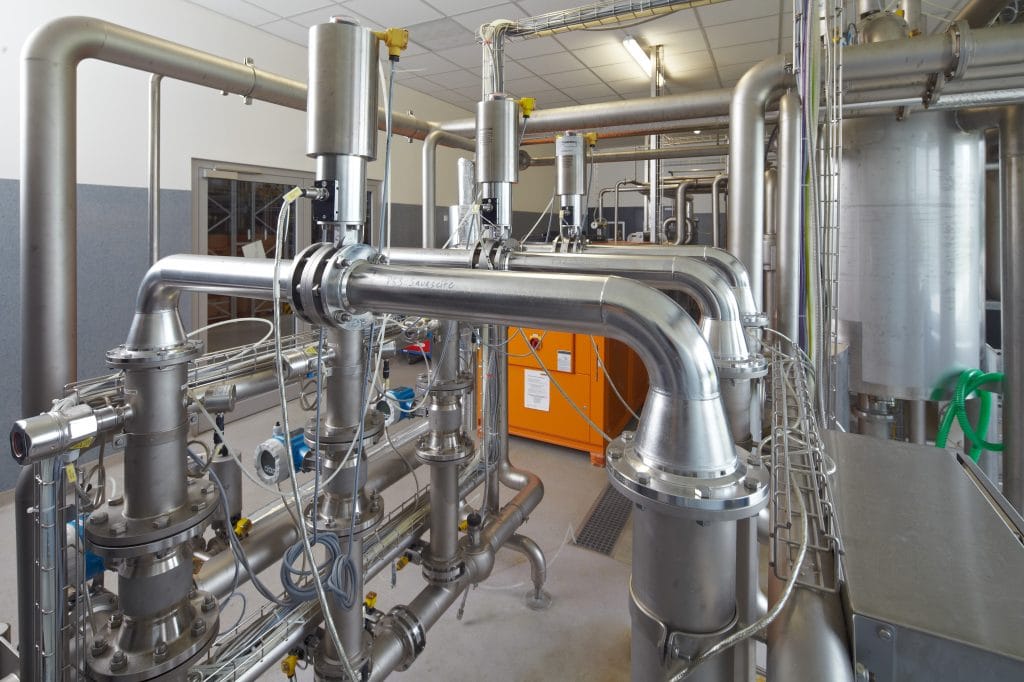The production and processing of food places the highest demands on hygiene and cleanliness. Statutory regulations worldwide regulate which ingredients are allowed to come into contact with food in order to protect consumers. Since the so-called “positive lists” vary from country to country, the seals for food and beverage applications cannot be used universally. For this reason, Freudenberg Sealing Technologies has tested new EPDM (ethylene propylene diene rubber) materials as well as other proven elastomer materials for worldwide use in the food and beverage industry.
The GB 4806 and GB 9685 standards that have been in force for China since 2016 deviate considerably from the relevant US and EU regulations. In particular, the ingredients that may be contained in a seal in contact with the product, as listed in the GB 9685 standard, differ significantly. The positive list for China does not include a large number of ingredients that are compliant with FDA (Food and Drug Administration) and the relevant European regulations to meet EU (Reg.) 1935/2004 for elastomers. For a global food release, new material combinations must therefore be developed on the basis of Chinese specifications, or proven materials must be tested for their conformity with these standards.
New EPDM high-performance materials with global approval
The three new Freudenberg material compounds 70 EPDM 382, 75 EPDM 386 and 85 EPDM 387 offer high resistance to aging and media comparable to the proven food-compatible elastomers. The portfolio also includes the two established material versions 60 EPDM 217952 and 70 EPDM 217937 used to manufacture diaphragms. Both material groups have successfully undergone the extensive sensory and migration tests for sealing materials, which were extended by the Chinese standard GB 4806. In addition, all tested premium elastomers meet the stringent requirements of the food industry with regard to resistance to process and cleaning media.
Conformity of proven VMQ silicone rubbers
EPDM is not the right material for all food applications. Processes where media that contain fat, dairy products for instance, are processed require sealing materials that are more fat-resistant. That is why Freudenberg Sealing Technologies has tested established materials on the basis of the Chinese specifications. The two VMQ silicone rubbers 70 VMQ 117055 and 60 VMQ 117117 meet the requirements in every respect.
Behavior in aggressive cleaning media and water vapor
In addition to the tests required to verify conformity with US, EU and Chinese regulations, Freudenberg Sealing Technologies performs additional application-related tests in its laboratories. These tests are designed to ensure that the respective materials meet the particularly demanding requirements of the food industry with regard to resistance to process and cleaning media. Cleaning media based on acids, alkalis and peroxides sometimes present a greater challenge for sealing materials than the product medium itself.
In comparing the non-China-compliant 70 EPDM 291 with the two new compliant materials 75 EPDM 386 and 85 EPDM 387, only moderate changes in mass and volume as well as minor changes in the mechanical characteristics elongation, modulus and tensile strength are observed when exposed to basic and acidic cleaning media. (see figure 1) The same results are obtained even under the influence of steam at 160 °C – the results of the China-compliant materials EPDM 386 and 387 are comparable with the non-China-compliant EPDM 291 at 180 °C. (see figure 2).






